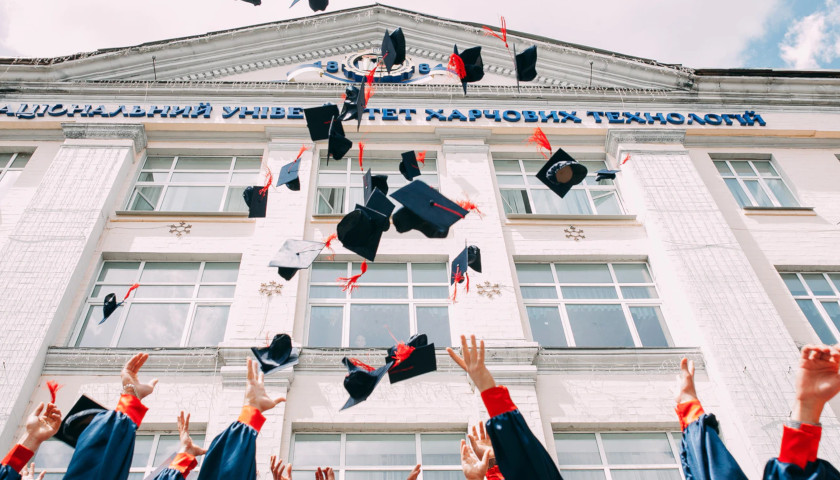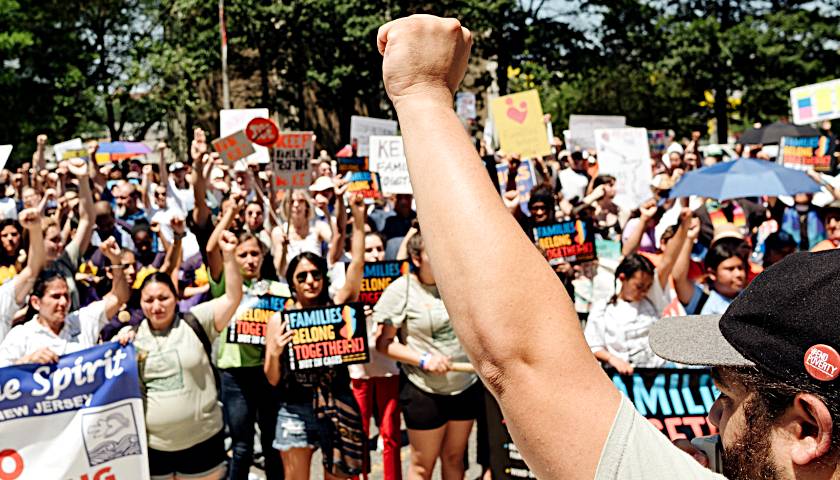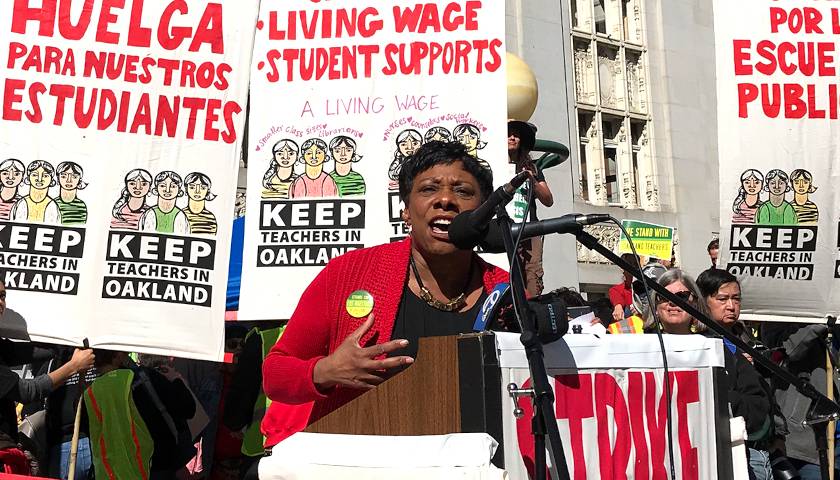by Daniel J. Smith
If Joe Biden sticks to his campaign promises, student loan forgiveness will be part of his plan as president to combat our shutdown in economic activity. Forgiving student loans would be ill-advised during normal times. It is downright irresponsible pandering during our current situation.
Forgiving student loans fails the basic test of elementary economics. It would primarily benefit the wealthy and be ineffective at stimulating the economy.
This isn’t just the musings of a pro-capitalism zealot (guilty as charged, I happen to be in favor of the human well-being, life expectancy, and life satisfaction that come with economic freedom, especially for minorities and the poor). There is a wide consensus on this issue among experts. Let’s break it down into simple terms for politicians seeking a crash course in macroeconomics.
Only a third of Americans hold a college degree. And they tend to be the wealthiest Americans. Once they graduate with their degrees they can expect to earn $1 million more than Americans with just a high school diploma over the course of their careers. Furthermore, it is well-established that the wealthiest college graduates hold the vast majority of student loans. A full 56 percent of student loan debt is held by Americans with graduate degrees. Furthermore, twenty percent of student loan debt is held by those with doctorate or professional degrees, who enjoy median earnings of $106,000. Thus, student loan forgiveness is what economists call a “regressive” policy – it disproportionately benefits the wealthy. It is also unfair to those who exhibited the financial discipline to pay back the loans they agreed to.
Certainly, there are students with unmarketable degrees out there struggling to make student loan payments. This is not the right policy to address that problem. Universities can, and should, do a better job of advising students about career prospects and actively shutter programs where graduates fail to obtain gainful employment. If we bail out these students, however, we will only encourage more poor decision-making in degree selection as students come to expect these bailouts every time there is a downturn.
When it comes to the argument that student loan forgiveness would stimulate the economy, one has to keep in mind that the economic justification for a stimulus is that it will spark spending. To assess the COVID downturn in econ-speak, there was a fall in aggregate supply caused by shutdowns. Lost income due to layoffs, firings, and general uncertainty spilled over into a fall in aggregate demand. The thing is, most well-to-do college graduates were able to retain their jobs by working from home. They also were more likely to have the savings and access to credit to weather the downturn without a fall in living standards. That is why paying off their student loans would be a very ineffective and expensive way to attempt to boost aggregate demand.
If student loan forgiveness fails a basic test of economics, why is it on President-Elect Biden’s agenda? Indebted college graduates have been lobbying for quite some time to relieve themselves of the financial obligations they voluntarily incurred, with the intention, of course, of continuing to reap the financial benefits of their education. The 42 million Americans with student loans, primarily young voters, were an important demographic in the recent presidential election. Politicians know where their bread is buttered and they often deliver on their campaign promises to key voter blocs even to the determinant of the financial health of our nation.
– – –
Daniel J. Smith is the Director of the Political Economy Research Institute at MTSU and an Associate Professor of Economics in the Jones College of Business. He is also the Senior Fellow for Fiscal and Regulatory Policy at the Beacon Center of Tennessee. Follow him on Twitter: @smithdanj1




